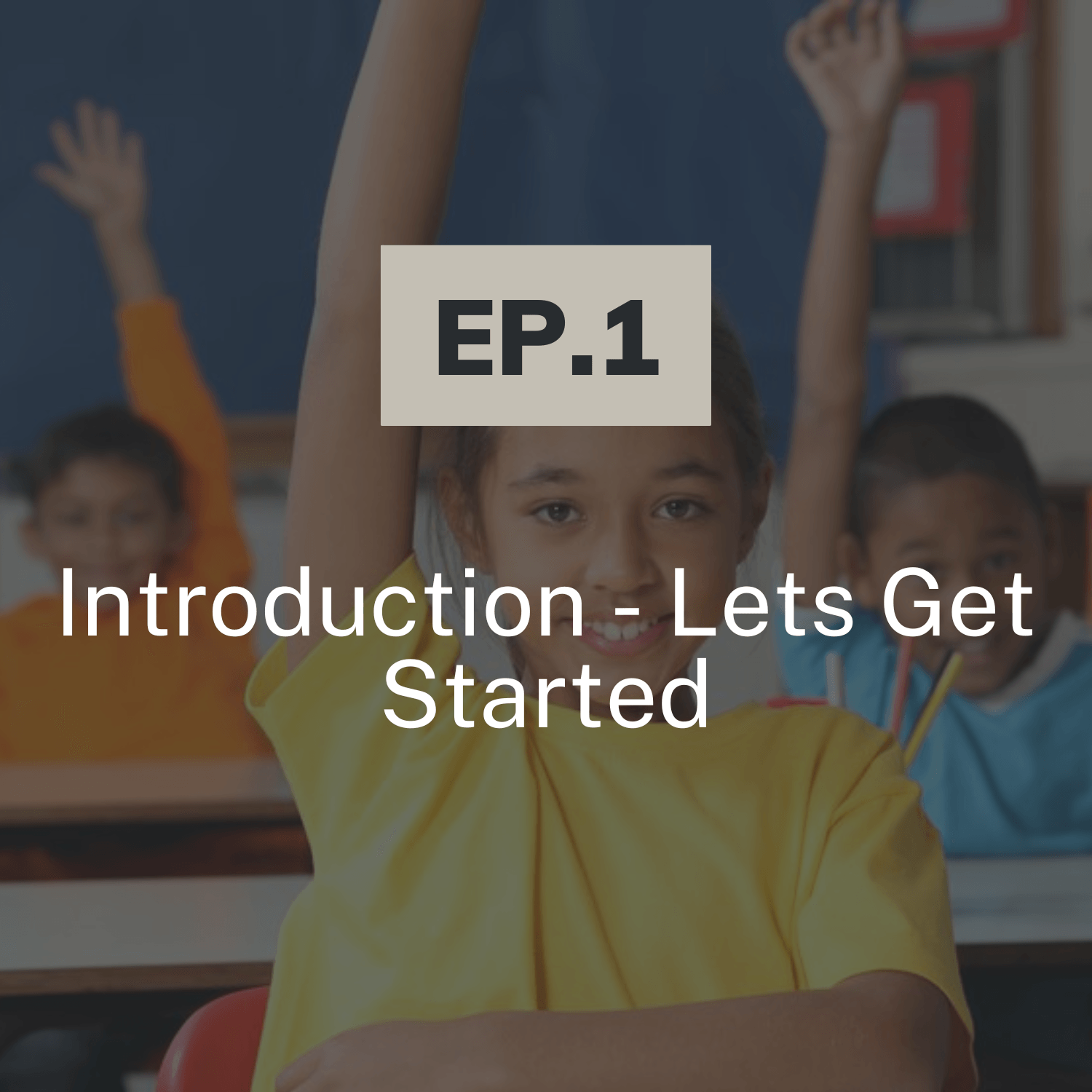Blog Layout
Keep motivation at the forefront of their education
Motivation is the energy we all operate out of. You likely witnessed your child’s motivation this summer. Perhaps it shone in your child’s eyes when they raced outdoors for a pick up game of basketball. Perhaps you saw the glimmer of it in the discovery of an insect fluttering over the grass or a shriek of glee as a frog escaped their net with such powerful back legs. Perhaps it was the amazement of the night sky that stretched 360 degrees while lying on their backs or the delight of a shared meal they helped create. Perhaps you witnessed it in a smile while watching someone they love receive their help or the laughter they received in their well timed joke.

There is a saying, ‘It's your own fault if you fail to manage your motivation”. We need to be motivated. Motivation is our source of energy. Therefore, your child’s motivation is integral to their academic plan. Where does this motivation come from and how do we cultivate it?
4 tips to cultivate your child’s motivation.
1. Remember WHY it is important.
Spend time with your child to help them understand the ‘why’ of each part of their academic plan. All rules and structure are for a good reason. If they are not well reasoned, establish some process whereby your children can voice a different approach.
At DeliberateU Tutoring, we support the structure of daily reinforcement, with the goal of 15 min of homework a day. This is supported after each tutoring session with a summary report of key learning and an easy checklist at the base so students can track their habits and their progress easily-to celebrate their wins!.
Why daily reinforcement? Why 15 minutes?
The science shows that regular repetition in short segments promotes the best learning. 36 days of reinforcement builds a habit. Daily learning habits are the leading indicator for academic success. (Yes, even more than their starting IQ )
2. Envision the future
- envision the success if you do it and feel the regret if you don’t.
Again, this process is for you and your child together. They need to envision what success looks like for them. One young male student receiving tutoring had a goal to be ‘faster than the girls’ in his multiplication facts. Each month we would check in with the question. :"Are you faster than the girls yet? "When we restated his goal and his source of motivation, he was reminded of what he was building towards… and one day he strode into the session confidently stating 'I beat the girls'.
3. Create a supportive environment
- Fill your home with authentic celebration.
Say out loud the progress you see -each time you see it. "You sat down to do your homework as you said'. "Wow , you really focused '. "Nice of you to offer your brother help'. "good of you to notice that detail'.
Help support their studies with a good physical space. Perhaps you can offer some time to help them set it up. Remember to give them a voice in what works for them.
Encourage them to find school supports .
Their Teacher -Practice some good questions to ask and how you might ask them . Try role playing this important skills. For example, arrive a little early or lag behind at break to catch a moment with your teacher. "Could you go over the last example again after break?"as well:
Their peers. Help them identify skilled students who they might team up with. What kind of skills-well they can learn to see the skills in each of their peers and choose to get support with those who have skills in areas they are weak. For example-social skills-organization skills-problem solving skills-recall of details-they always remember, kindness-they always encourage-math fact skills. Help them practice teaming up with fellow students who are good at things they are not. Suggest they ask that student for help by acknowledging their peers gift first and then asking for their support." You are good at getting the details-can i run my list by you to make sure I didn't miss anything?" Suggest pairing up with a motivated hard working friend to study together.
4. Take breaks when needed Brainstorm a list of what refuels them: Time outside, a ride on a bicycle, a call with a friend, a physical task, solving a small problem, building or creating or designing.
Whenever they get foggy or have a dip in motivation, they can grab one of these 'breaks' to refuel.
The bottom line - pay attention to your motivation!

By Fiona Robinson
•
September 17, 2021
Self-care is the fuel you may be missing! Have you stopped to think... "what does self-care look like for me? How do I ensure I show up at my best?." We need to put on our own mask first before helping others. Do you prioritize your own self-care? If not, this episode would be helpful for you.

By Fiona Robinson
•
August 28, 2021
Do you catch your child when they are winning? Do you praise their victories? Or are you more likely to notice when they fail? As parents, our role is imperative. Catch your child winning and remind them of what they are good at. This will help them when they do fail. Check out this blog post for more on this.

By Fiona Robinson
•
August 13, 2021
Sometimes, as parents, we are just trying to get through the day to day. We forget to realize that our inattentive nature is hindering our child's learning. This is something that we can't ignore. This is an opportunity, not a criticism. Try for a week and see the impact in your child. I promise it will be fruitful.
We wish we had started sooner!
Fiona and her team have made an enormous difference to his writing skills and his understanding of math and
science.
Eva Ammentorp, Parent Grade 9-12 student
Having tried two other large tutoring companies, we highly recommend the personal attention our children receive in the very supportive DeliberateU setting!
Exercises are individually-tailored to each child’s particular needs and provide a wonderful opportunity to work a little each day to improve one’s skills.
Carolyn Yule, Parent Gd 1 & 4 & 7








